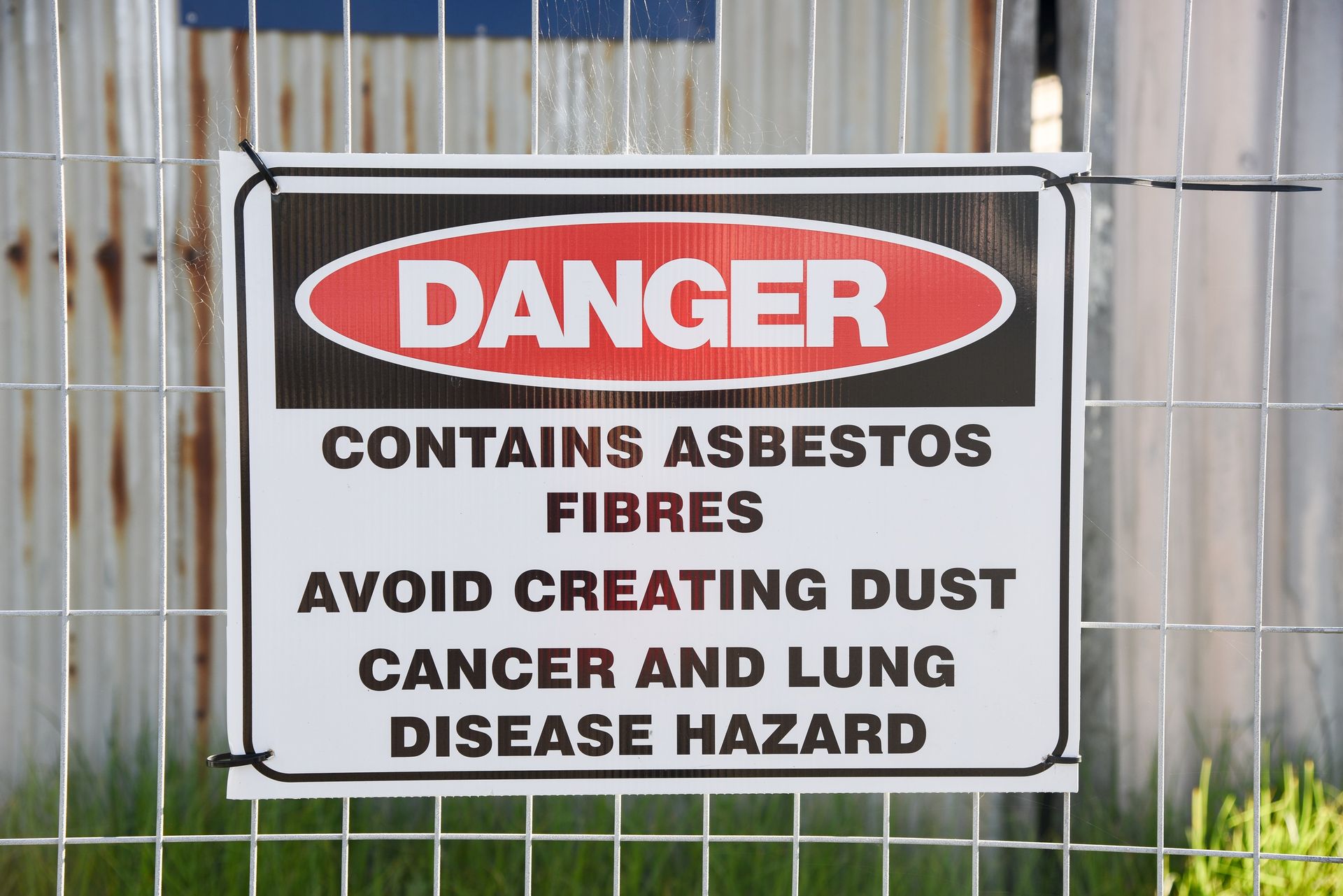My doctor did not warn me of any risks, what can I do?
James Watt, Senior Associate • September 23, 2021
Personal injury is heavily focused on both “risk” and “foreseeability”. That is, what is the risk, is it foreseeable and what could or should have been done to avoid those risks. Those issues have been extensively developed over the past century, or thereabouts, following the decision in Donoghue v Stevenson in 1932.
The issues relevant to risk and negligence have become somewhat more complex as time has passed. We are now faced with cases where not only do we need to consider if somebody acted negligently in performing a certain action, but also the context in which that action arises.
There is no better example of this than the need of doctors to provide adequate warning of risks to patients. In providing those warnings, doctors are able to obtain “informed consent” from their patients, to confirm that they know the risks and they are willing to nonetheless undergo the treatment; whether it is to take certain medications, or to undergo surgical procedures.
Unfortunately, as personal injury lawyers we commonly encounter people who have experienced significant problems after surgery. When asked about the advice given by their doctors, they respond to the effect “I was told that this was a simple and straight forward procedure”. At no stage were they told that their hip replacement could cause ongoing dislocations, of may be mis rotated. They were not told that simple surgery for bladder incontinence could actually make the issue worse; or that eye surgery could send them blind.
These outcomes can occur even if the doctor has done everything correct in performing the procedures. The outcomes, in those circumstances, are considered merely a materialisation of an inherent risk.
This is little consolation to the injured person.
However, a person having a poor surgical outcome may have rights to compensation if they were not adequately warned of the risks. The following generally needs to be proved in order for the case to succeed:
- that the patient was not adequately warned of a material risk
- that the material risk for which they were not warned eventuated
- if they had been sufficiently warned of the risk which arose, they would not have pursued that particular course of treatment.
Further, not only are inherent risks of a procedure relevant, but so too is a surgeon’s lack of experience in performing a procedure. The court has previously found that a surgeon who lacks experience with a procedure must disclose this to the patient (see Jambrovic v Day [2017] NSWSC 1468). As noted above, this is particularly relevant where the inexperience causes or contributes to the poor outcome.
If you have suffered a poor outcome post-surgery, and you were not warned of a risk which has now eventuated, then you could be entitled to compensation.
At Kells, our experienced compensation lawyers can help you to navigate this complex area of law and we provide our legal services on a no win, no fee basis.
Photo 160852796 / Doctor © motortion | Dreamstime.com

Kells has been delivering outstanding services and legal expertise to commercial and personal clients in Sydney and the Illawarra region for more than five decades. Our lawyers are savvy and understand your needs.
Subscribe
Want to get the latest articles and news delivered to your inbox?




